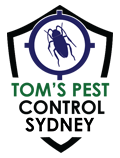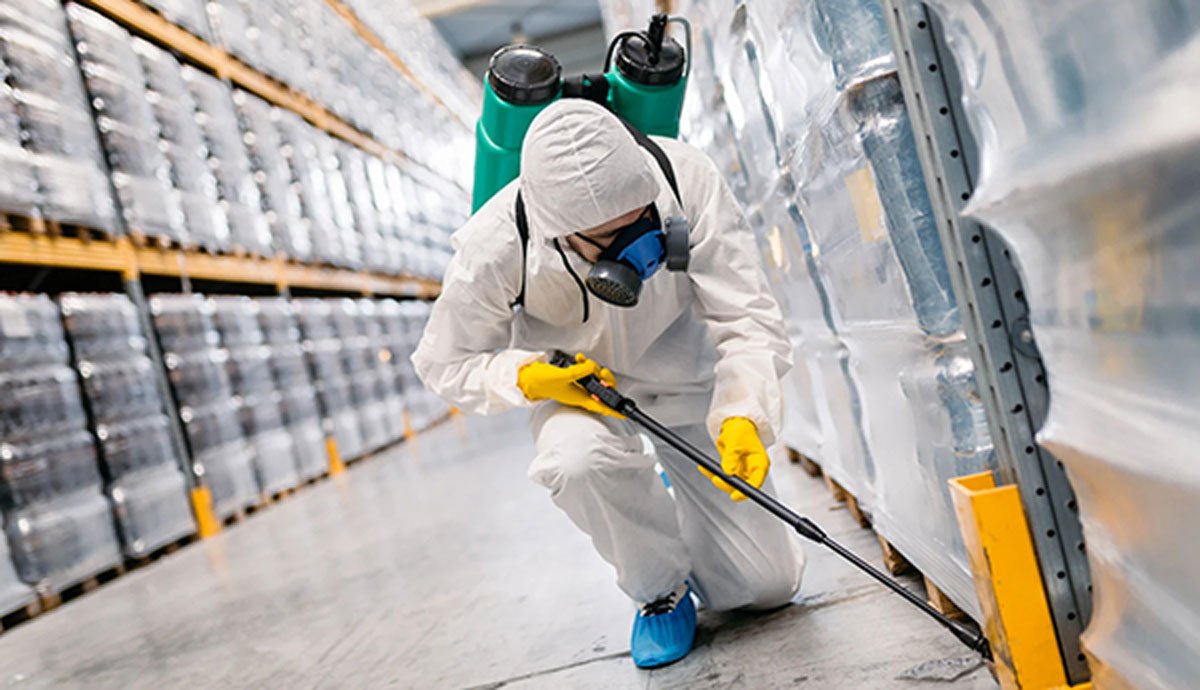Most hospitals use a variety of methods to control pests. These methods typically include traps, rodenticides (poisons), and bait stations. Some hospitals also use electronic repellers or foggers to control pests.
Traps are probably the most common method used by hospitals to control pests. Traps are used to capture rodents, insects, and other pests. Some traps are designed to kill the pest, while others are designed to capture the pest so that you can remove them from the hospital.
Rodenticides are another standard method used by hospitals to control pests. Rodenticides are poisons used to kill rodents. They can be in the form of powder, pellets, or a liquid.





